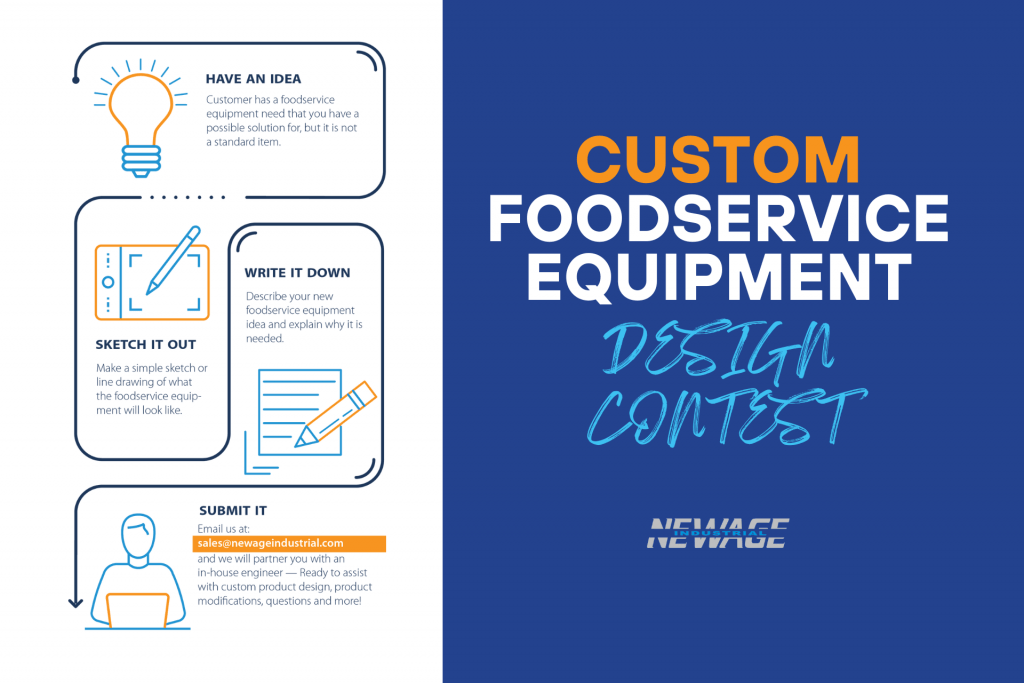
The massive pivot of operations forced by coronavirus feels overwhelming to virtually everyone. New protocols for health and safety are huge concerns, and the worry that many businesses may not survive is palpable.
I’m hearing many companies express concern about the increased risk and liabilities around coronavirus, including possible damage to their brands and reputations. Many are choosing to take every precaution to keep their employees, customers, and businesses safe.
Elevating quality and safety
Despite all these challenges and more, I believe there are ways to adjust to our new circumstances and work to survive — and maybe even thrive — during these uncertain times. I’m going to highlight five solvable challenges you can address to elevate quality and safety protocols in our new normal.
- To help employees understand and follow new protocols and existing brand standards, increase self-assessments at every location. Since travel and interpersonal interactions have been devastated by Covid-19, it’s been challenging for businesses to obtain regular third-party audits – integral to access and analyze key data and ensure safety compliance across an enterprise. An upcoming industry trend will be implementing continuous quality improvement. Instead of relying solely on annual corporate or third-party audits, companies will start conducting more frequent self-assessments for broader visibility in all locations. Digital tools, including mobile apps, make it simple for companies to self-audit, gather insights, collect, and analyze data, determine compliance, and implement corrective actions, as needed. Additionally, digital tools boost visibility by location, providing continuous quality and significantly increasing safety and compliance. While the Covid-19 pandemic has inspired this trend out of necessity, I predict self-audits will become widely adapted and implemented during the pandemic and beyond.
- To manage the influx of data from more self-assessments, daily checks, and other audits, invest in software solutions. As more companies implement more frequent self-audits, they will collect increased amounts of data. This is essential, especially as food businesses implement increased regulations around the Covid-19 outbreak. Using the data correctly can help companies focus on hot spots – or high-risk locations – to take corrective actions before “small issues” become huge liabilities. Innovative, user-friendly digital tools can easily and accurately collect and analyze this influx of data, then food service leaders can use this valuable information to maximize safety, quality, and compliance.
- To protect your brand and manage risk, prioritize your food safety culture. News stories and social media posts are spotlighting food service businesses – including restaurants and bars – that appear cavalier about Covid-19 protocols. I’ve seen photos of crowded bars, mobbed with people not wearing masks, and busy restaurants that aren’t spacing dining tables for proper social distancing. Not surprisingly, a growing number of new Covid-19 cases are being traced back to these crowded establishments. Demonstrating a culture focused on safety is critical. Many people choose to avoid businesses that aren’t following the rules. Instead, they’re visiting restaurants and bars that comply with proper Covid-19 protocols: employees wearing personal protective equipment (PPE), social distancing guidelines in place, and elevated cleaning protocols. Demonstrate (with words and actions) that you’re following proper safety protocols to make employees and guests feel more comfortable coming to your establishment. Businesses that don’t prioritize safety likely won’t survive.
- To ensure consistency across all locations, distribute updated policies quickly and efficiently. Information about Covid-19 has been evolving daily – sometimes even hourly – and it’s essential to quickly distribute updated information to all locations across an enterprise. Suppose you own a restaurant chain with multiple units. If you use antiquated paper systems to communicate with your teams, you won’t be able to effectively manage the flow of information – including policy changes, updates from the CDC, etc. Use digital systems instead, as they’ll allow you to easily pivot and update team members more quickly, effectively, and accurately. This crisis is far from over, and companies across all industries must be prepared to handle this communication issue for the long-term.
- To help strengthen your supply chain, support key suppliers, and use tech to quickly onboard new vendors. If your key suppliers are out of critical items, it will negatively impact your business. Increasingly, we’re seeing key suppliers struggling to survive this pandemic. This is the time to have increased communications with your supply chain, collaborate to solve unexpected challenges and, when necessary, it’s also wise for your business to diversify and expand your roster of vendors to ensure continuous supplies. Digital tools effectively vet new suppliers, gather their credentials, and ensure they meet your standards before they become an approved vendor.
About the author:
As president of RizePoint, Kari Hensien is championing a new continuous quality initiative. Since travel and interpersonal interactions have been devastated by Covid-19, it’s been challenging for businesses to obtain regular third-party audits, which are integral to access and analyze key data and ensure safety compliance across the enterprise.
Hensien is facilitating an increased self-assessment auditing model, where businesses and their locations can use RizePoint’s digital platform themselves, resulting in more frequent audits and broader visibility during the pandemic and beyond.
For more information or to discuss RizePoint’s solutions, please contact Kari at kari.hensien@rizepoint.com.




